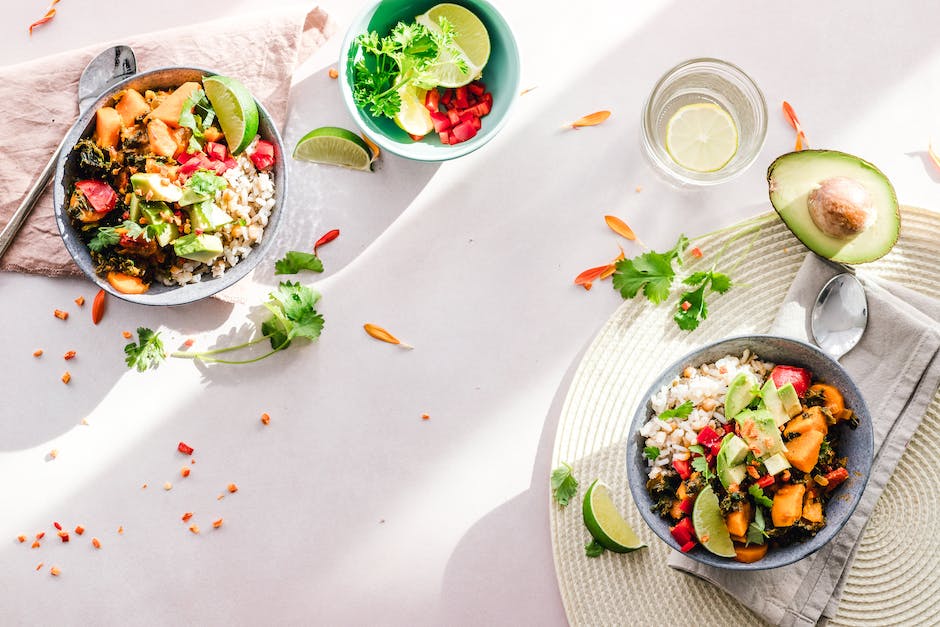Embarking on the journey of raising a vegan baby brings with it a unique set of nutritional considerations, especially during the first year of life. A vegan baby nutrition plan for the first year is crucial for ensuring that your little one gets all the necessary nutrients for healthy growth and development. This article will delve into the essentials of crafting a balanced vegan nutrition plan for your baby, highlighting the importance of incorporating a variety of nutrients and providing practical meal ideas.
Understanding the Basics of Vegan Baby Nutrition
Before introducing solids, it’s important to note that breast milk or formula is the primary source of nutrition for infants under six months old. For vegan families, there are vegan formulas available that are fortified with essential nutrients. After six months, as you start introducing solid foods, the vegan baby nutrition plan for the first year becomes more varied to include a wide range of vitamins and minerals necessary for growth.
Key nutrients to focus on include protein, iron, calcium, vitamin D, omega-3 fatty acids, and vitamin B12. These can be found in foods like fortified cereals, legumes, tofu, leafy green vegetables, and fortified vegan products. Supplementation, especially for vitamin B12, may be necessary and should be discussed with a healthcare provider. The Vegetarian Resource Group provides valuable guidance on vegan diets for infants.
Vegan Baby Nutrition Plan for the First Year
As your baby begins to explore solid foods, creating a structured vegan baby nutrition plan for the first year becomes imperative. This plan should include a variety of foods to meet nutritional needs and encourage a love for different flavors and textures.
From 6 to 8 months, start with smooth purees of vegetables, fruits, and iron-fortified cereals. Gradually introduce more textured foods as your baby becomes more comfortable with eating. Legumes, finely mashed tofu, and small pieces of soft-cooked vegetables can be introduced. It’s also a good time to incorporate finger foods to promote self-feeding skills. For detailed advice on introducing solids, consider this resource on introducing solid foods to a 6-month-old baby with allergies.
Meal Ideas and Tips for a Balanced Vegan Diet
Creating a variety of meal ideas is key to a successful vegan baby nutrition plan for the first year. Breakfast can include oatmeal or quinoa cereal mixed with breast milk, formula, or a plant-based milk alternative, fortified with iron and vitamins. Snacks might consist of soft fruit pieces or vegetable sticks, while lunch and dinner can feature a range of pureed or mashed vegetables, legumes, and grains.
It’s essential to ensure that your baby is not only getting a variety of foods but is also enjoying the eating experience. Encourage exploration and allow your baby to interact with different textures and tastes. For tips on dealing with picky eaters, which can be particularly challenging, visit dealing with picky eaters: strategies for 1-year-olds.
Remember, the journey of introducing your baby to a vegan diet should be a gradual and enjoyable process for both of you. Consult with a pediatrician or a dietitian specialized in vegan nutrition to tailor the vegan baby nutrition plan for the first year to your baby’s specific needs, ensuring a healthy and balanced diet.
A well-planned vegan diet can provide all the necessary nutrients for your baby’s first year and beyond. By focusing on variety and balance, you can lay the foundation for a lifetime of healthy eating habits. For more information on vegan nutrition for babies, check out nutritional considerations for vegan infants and toddlers.













